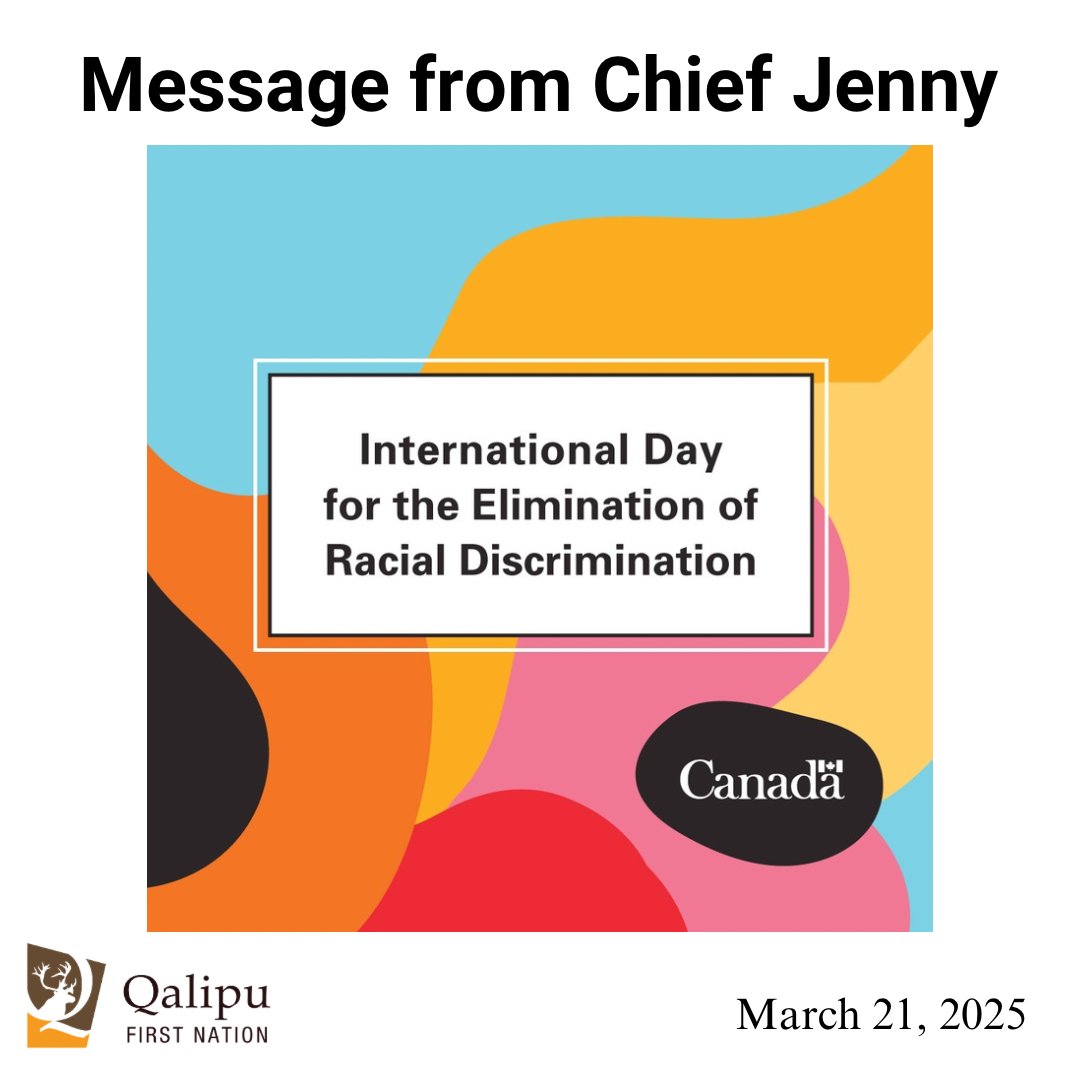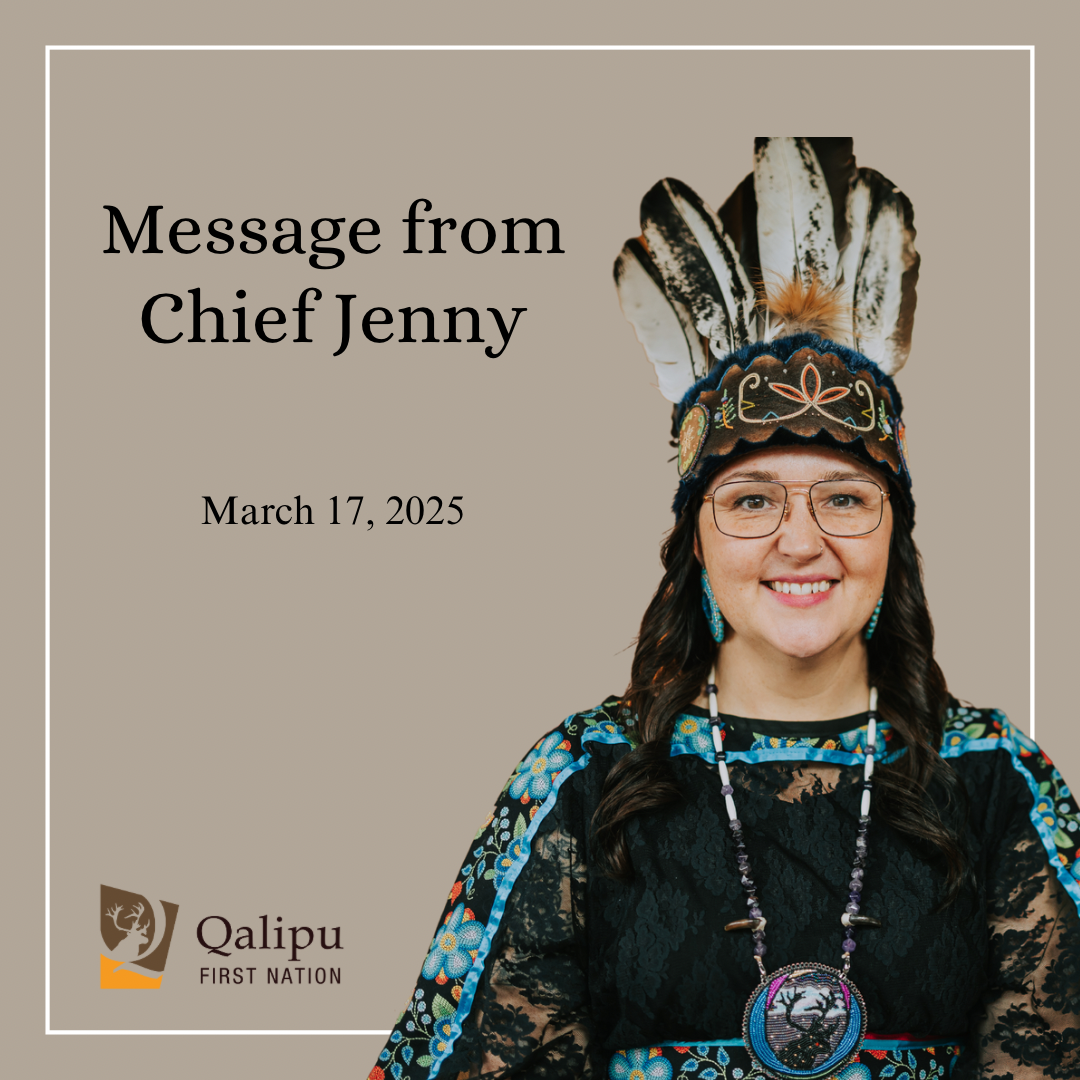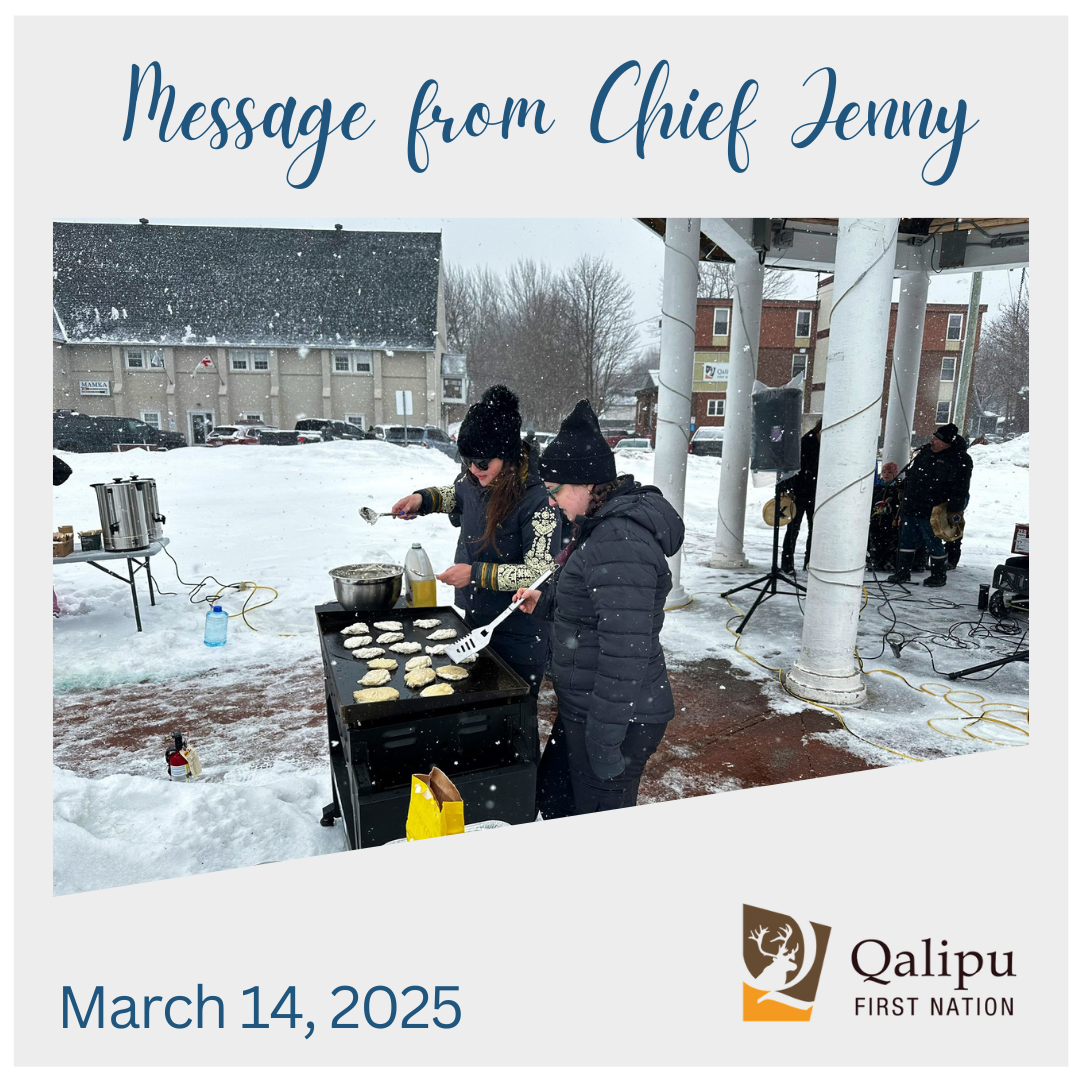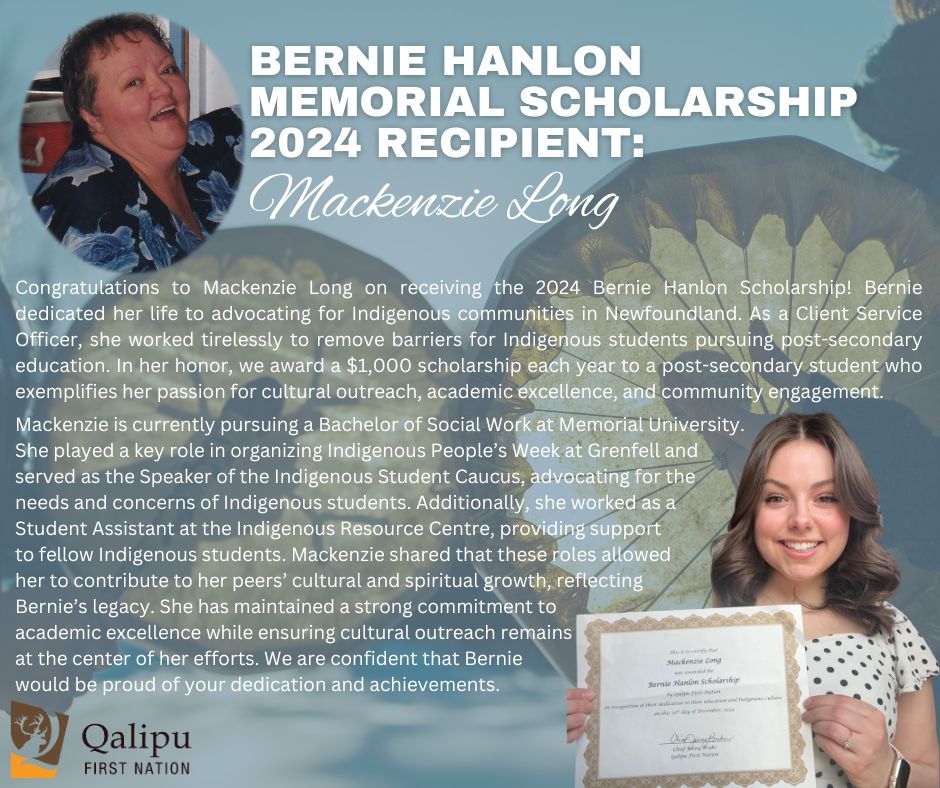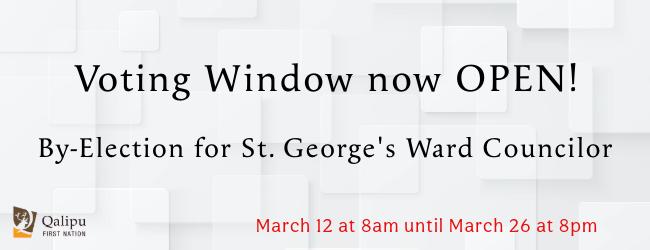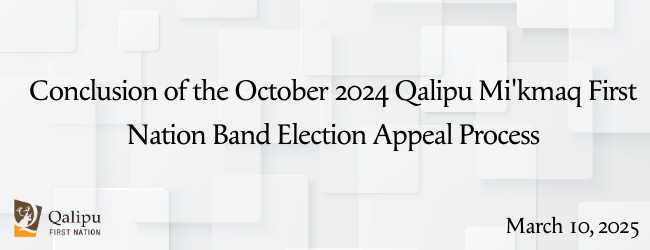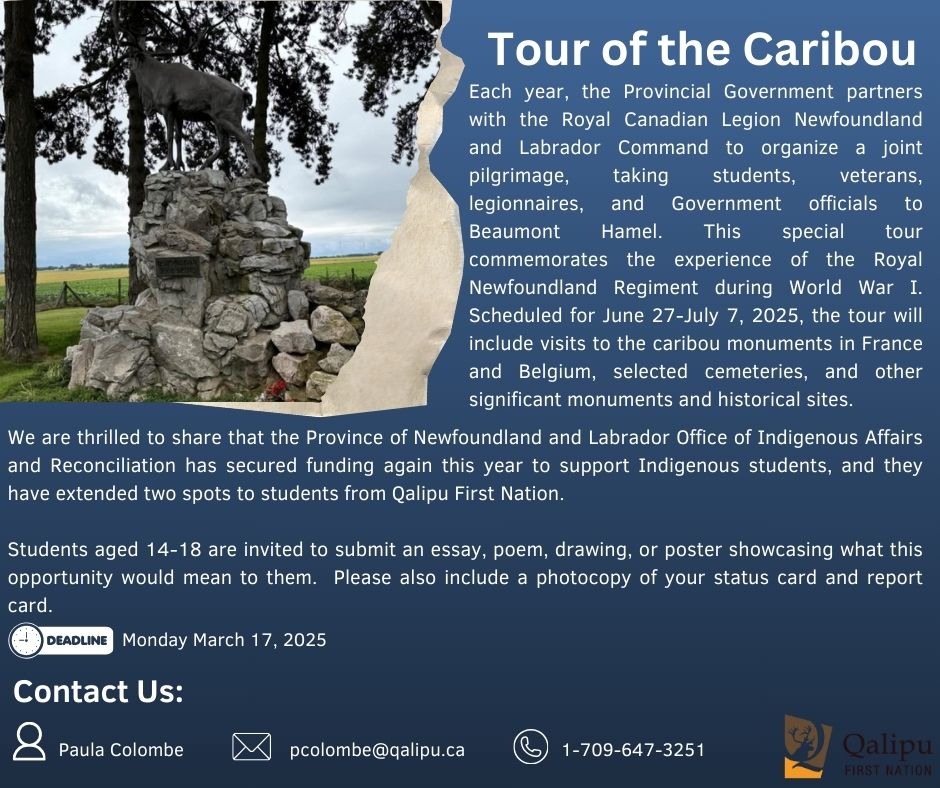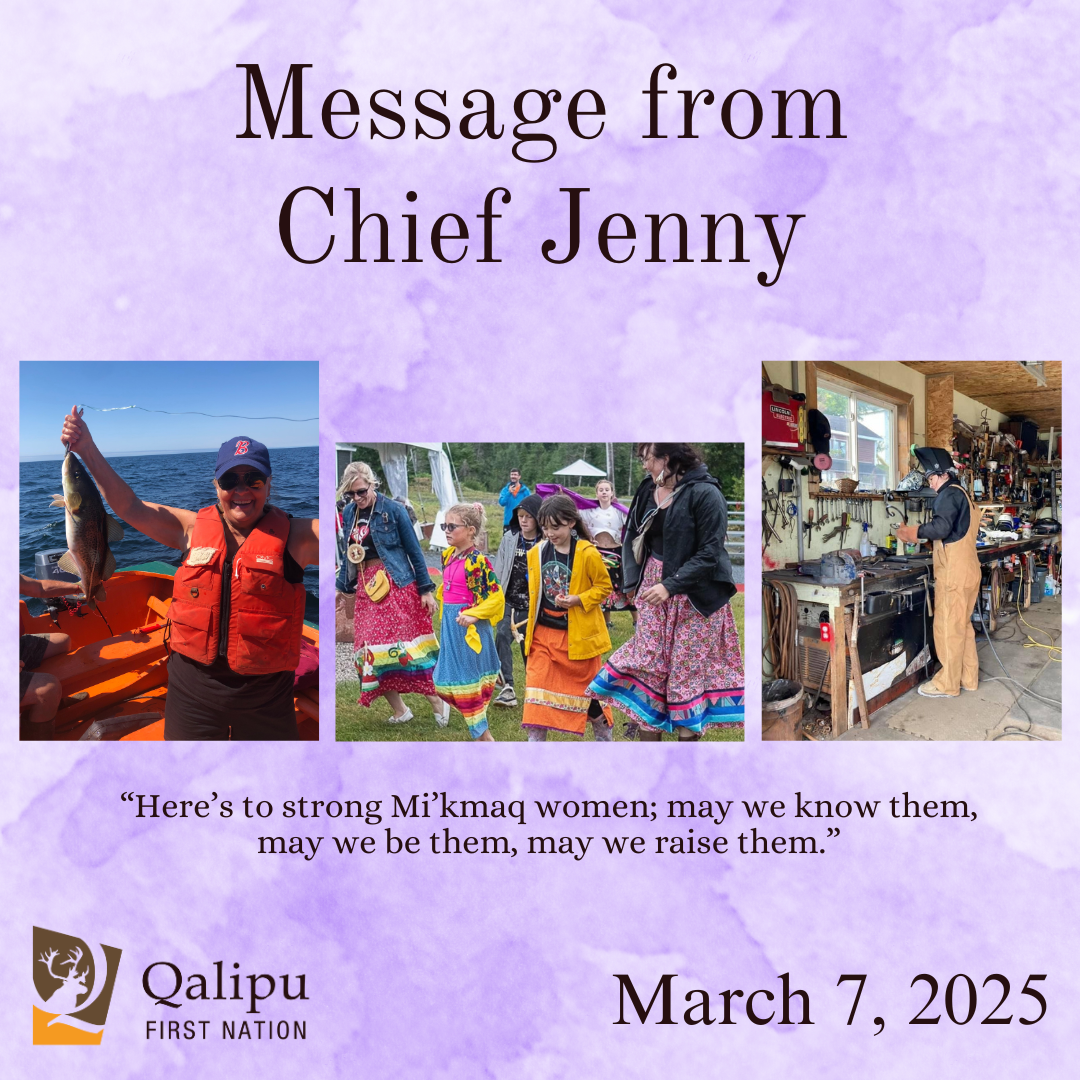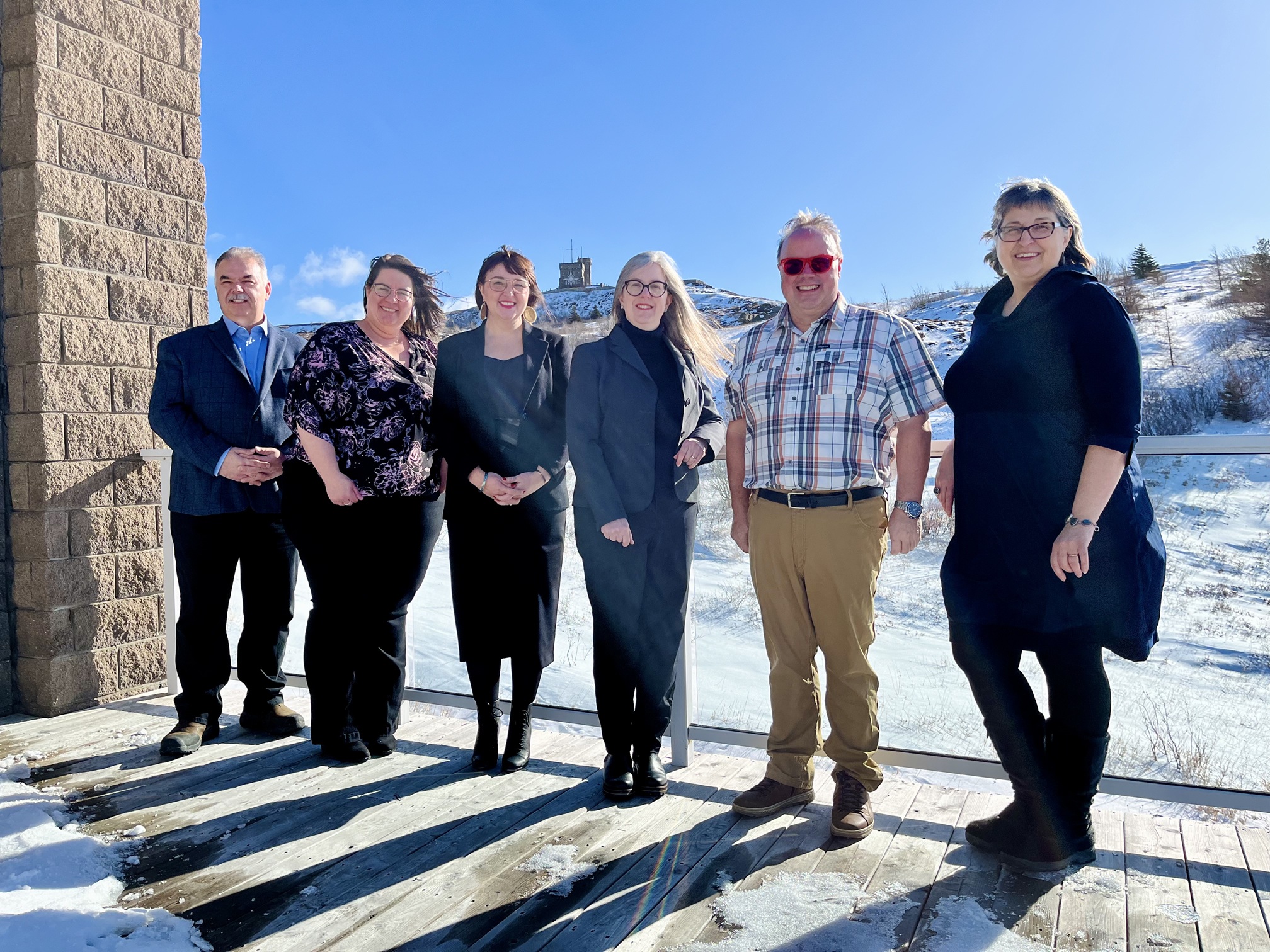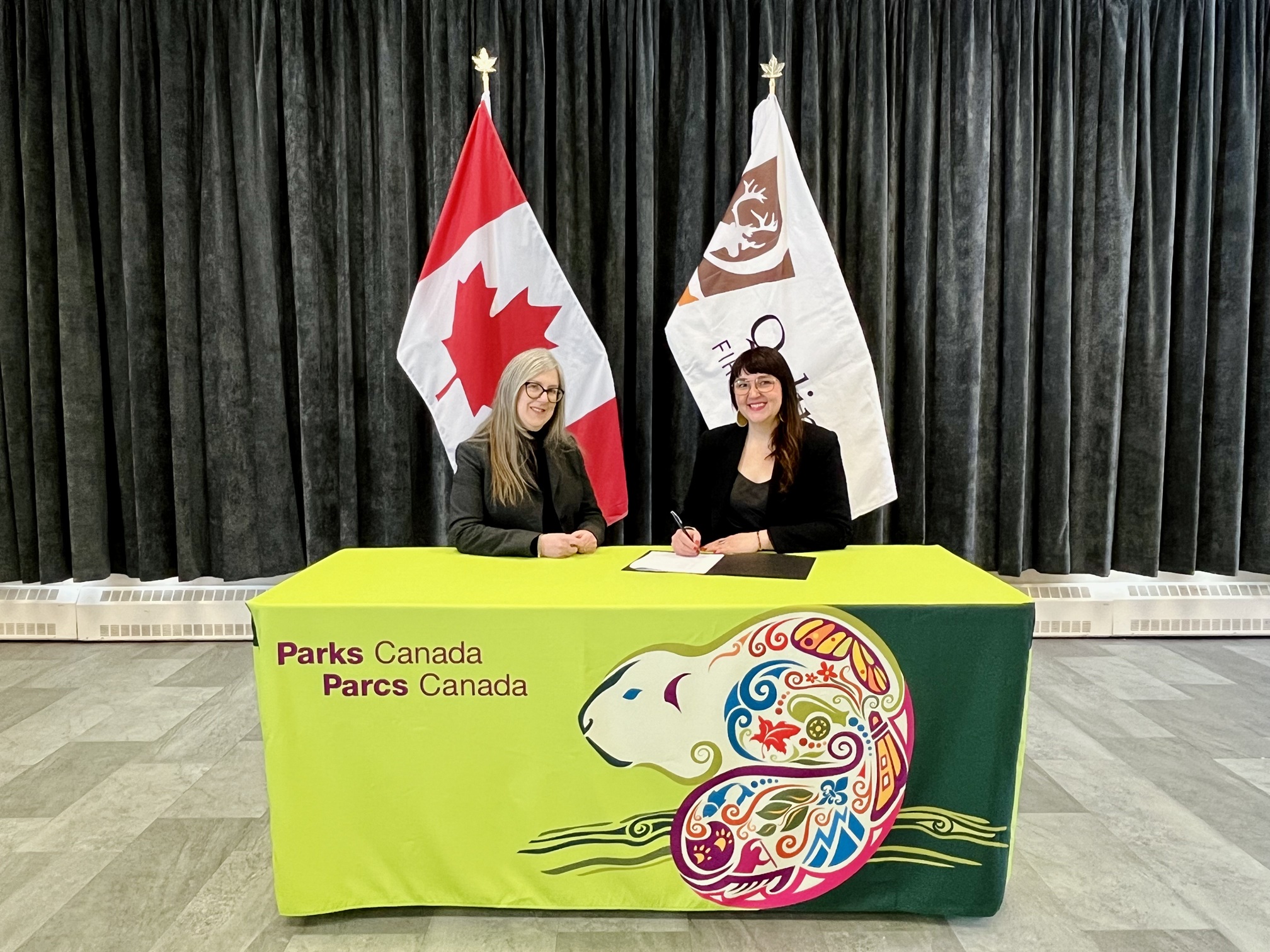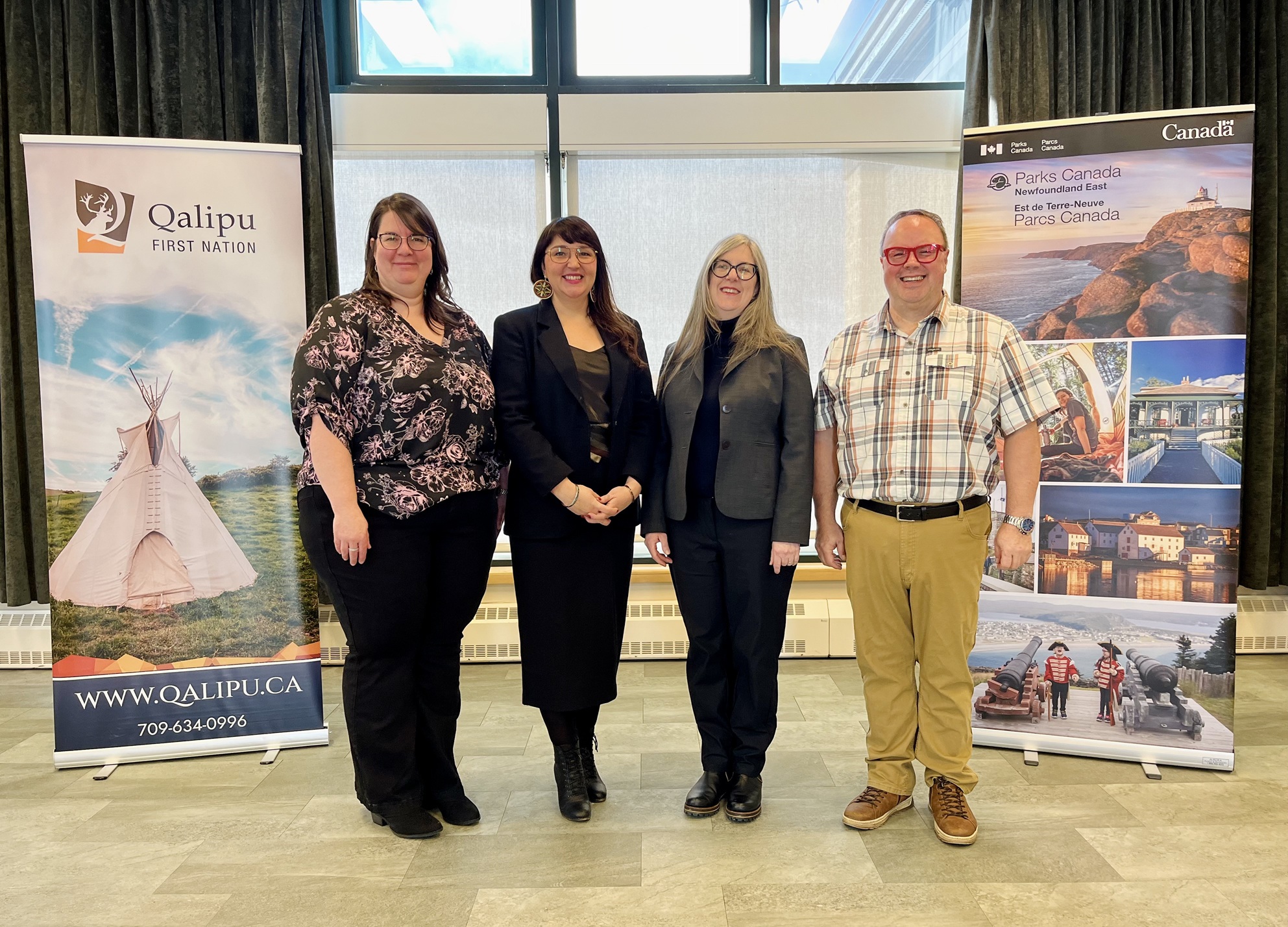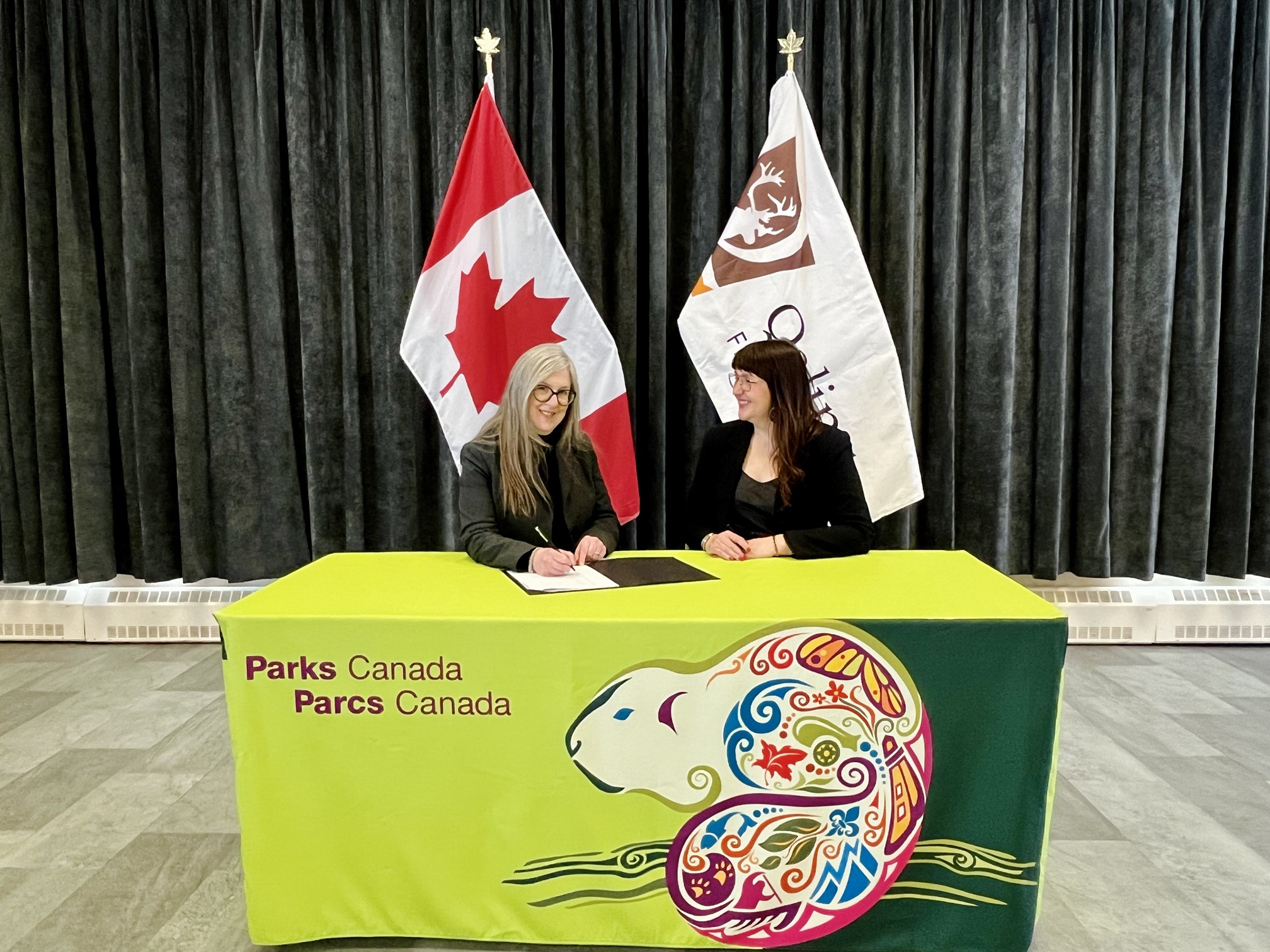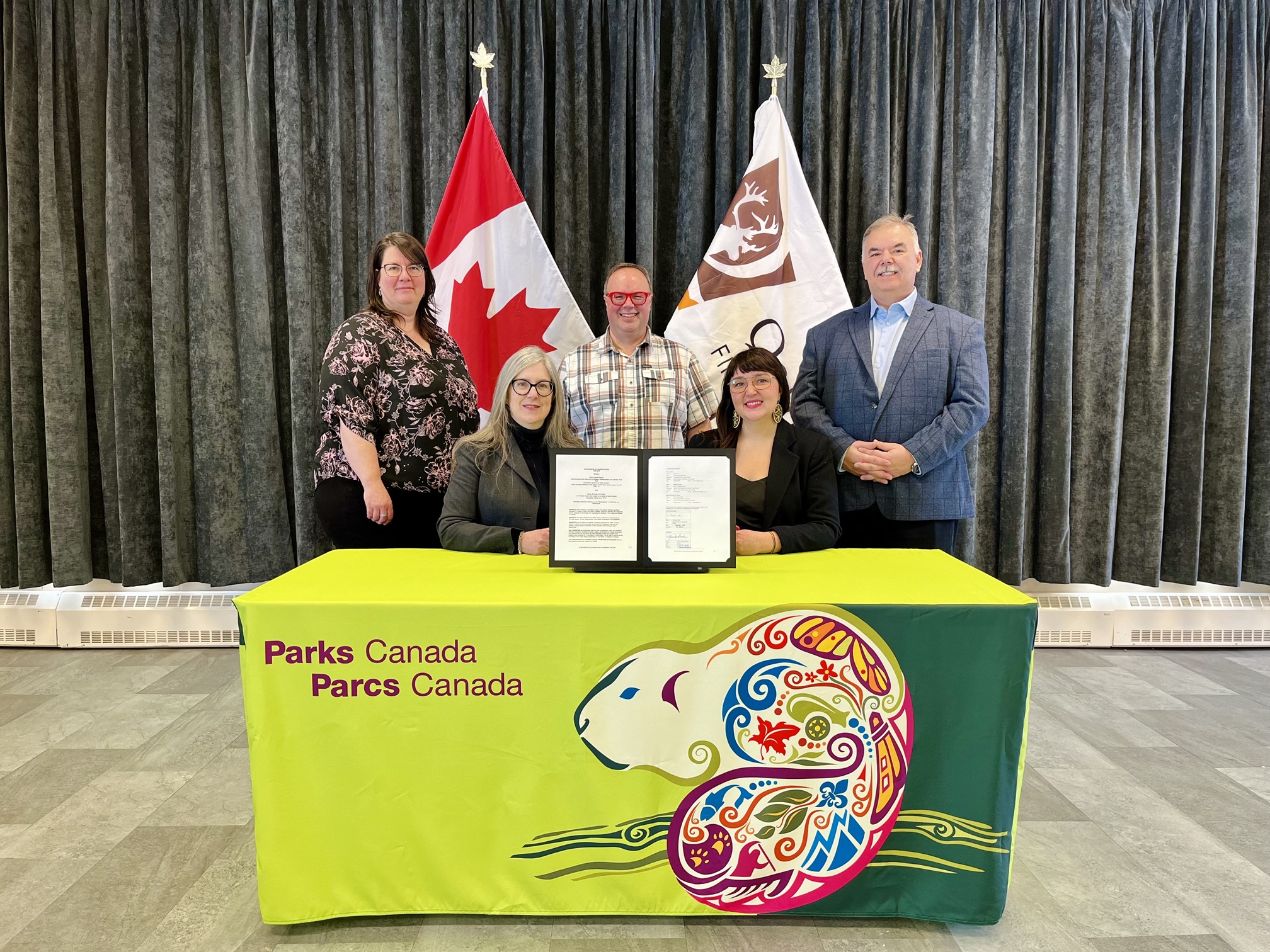Our Nation has sadly been a target of discrimination by individuals that consider themselves to be the gatekeepers of cultural identity, but they lack understanding of who we are.
I have spoken to many of you this week. I have heard your concerns regarding this hate speech and how it has retraumatized you and your families to days when we were not safe to be open as Mi’kmaq people on this island. My message to you all is to focus on the many voices that support you and mute the loud minority that think they know who we are. How can anyone pass judgement until they have walked a mile in someone else’s shoes?
Through our journey, we have been accepted as members of the Assembly of First Nations, the Atlantic Policy Congress and gratefully supported by our traditional government, the Mi’kmaq Grand Council. We are status members of a First Nation that was formed 14 years ago but we have existed as Mi’kmaq people since time immemorial. Our Nation is an amalgamation of 9 original bands that fought for recognition and eventually structured under one umbrella that is now Qalipu First Nation. Each of us met a criterion for enrollment set by Canada and although some still fight for recognition, we move forward doing our best to thrive by educating our youth and giving them opportunities we did not have.
For us to heal wounds of the past, we must have empathy, respect and understanding. We can get to know one another, hear each other’s stories and experiences. We have two ears and one mouth. We must listen, learn, and think before we speak. I am proud to stand up for folks in our community, confident each one of them would welcome anyone into their homes to share their stories over a warm cup of tea. We may not agree, but we can certainly maintain respect for ourselves and for each other. Everyone’s experience looks different. Why would we throw stones at one another because of those differences when they lead to the same outcome? We are all fighting for our way out of a problem we did not create.
In a time when world leaders are building walls and declaring war, when we are struggling with sickness and poverty, why are we fighting with each other? At Qalipu First Nation, we are no longer listening to hate. We are investing our energy in building, not tearing down.
On this day, of all days, stop and consider how your words impact others.

